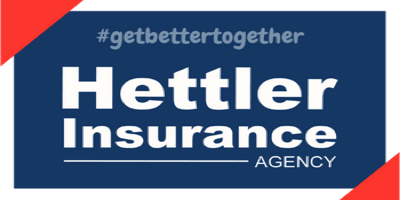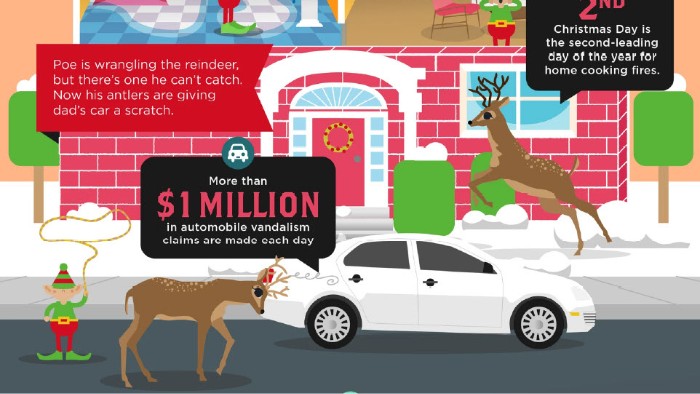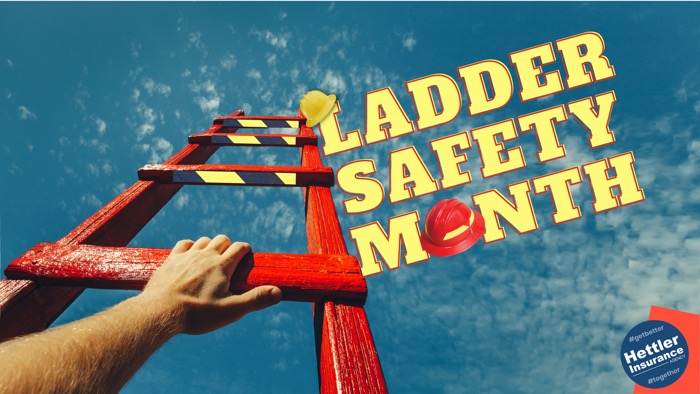
With Thanksgiving right around the corner, allow us to use this analogy to describe small vs. large insurance carriers. No one wants a small turkey for their family, you want quality meat at an affordable price that can feed everyone. Same with insurance, a policy that is affordable and provides adequate coverage should be the goal for a new auto, home or renters policy.
This article aims to solve the confusion and bias many customers have towards large insurance companies. The short answer is, great coverage at a great price, doesn’t have to come from the biggest player on the field.
Large Carriers Make Insurance Sexy
Geico commercials make us laugh, and believe that an auto quote should take 15 minutes or less of time and save money. Farmers commercials help us get educated. Allstate commercials make us think and State Farm commercials convince us to seek out personalized service.
Each of the major carriers spend millions of dollars on advertising to influence customer perception. They provide many distractions to make insurance more appealing, inventing new forms of forgiveness and discounts.
Price compare with large and small carriers and realize that most of these special packages, come at an additional cost for less risk. Are some of these discounts gimmicky? Absolutely.
Define “Big Insurance”
Here’s the true list of the largest carriers in Texas based on premiums and market share. We were surprised to see Geico lower, but understand that this list doesn’t account for size of an advertising budget or the number of commercials on TV.
Note that the big three in homeowners – State Farm, Farmers and Allstate are different from the big three in auto insurance – Progressive is number two. At Hettler insurance, we sell Progressive insurance and have first hand experience with coverage and quotes for a large carrier. So the belief that independent agents only work with small, no-name insurance carriers isn’t true.
Another area to recognize, is the size of the market from 3 to 8, isn’t all that different. A few more premiums are under the belt of Allstate compared to Safeco for homeowners insurance. Essentially, if you believe in the myth of trusting the big three carriers, the data reveals there aren’t just 3 big players that dominate insurance.
The small players also aren’t always small. Many are owned by the larger insurance companies. What may have been a locally owned insurance carrier at one time is now either an independent entity or a direct brand of a larger carrier. It’s important to check whether your policy is underwritten by a much larger insurance provider. This is often true for flood insurance and other specialty insurance categories.
Do Big Carriers Offer Any Benefits?
Large carriers spend more on technology and innovation, creating apps that can help in claims or new forms of coverage, such as Progressive’s Snapshot for pay by the mile auto insurance. If you aren’t a typical driver or homeowner, you may find more options with a larger insurance carrier.
The biggest carriers also employ a large network of insurance agents, either direct or independent. There are a whole host of benefits for choosing an independent agent. The main benefit being a diversity of choices between both small and large carriers.
Larger insurance companies are more likely to offer extensive customer service options, be open at odd hours and on weekends. It doesn’t mean that these companies have better customer service. JD Power rates auto carriers in Texas and homeowners insurance carriers. The winner, Erie insurance isn’t even a carrier you have likely heard of…
It’s important to research reviews posted by customers for a local branch of State Farm or Allstate. Many large carriers still rely on local agents for service and customer service can suffer in certain cities.
Large insurance companies also have more flexibility in underwriting, receiving the best paying customers. Realize that this isn’t the same as saving drivers, homeowners or renters the most money or providing the best coverage. Often, large carriers are more likely to deny applicants than smaller carriers.
Do Small Carriers Offer Benefits?
Small insurance carriers of Hettler Insurance in auto and home include Kemper, Mendota and Dairyland Auto.
Small carriers tend to be more specialized and some are local, even providing coverage specific to Texas weather and conditions. Others such as USAA will never be the largest insurance carrier, because they sell to military only, targeting a specific group of customers.
State Farm, which is 1# in both home and auto insurance in Texas, is more choosy in denying coverage than smaller carriers which are looking to grow in size.

For State Farm, you could be at the bottom of those insured and the most risk to the carrier. As a result, your premiums can be significantly higher as you pose the most risk in a pool of noteworthy customers.
For example, in auto insurance, most small carriers turn a blind eye to accidents, DWI’s or tickets that were a year in the past. But the window for a large carrier can be three to five years.
Not having an at-fault accident or police ticket on your driving record can significantly change your premium and even affect approval of coverage!
Which Type of Insurance Carrier Should You Choose?
Choosing an insurance carrier ultimately comes down to your personal preference. A smaller company may be more ideal if you desire specialty or localized insurance. Customers often feel more appreciated in the form of lower premiums and minimal price hikes over a prolonged period of coverage.
Clients with poor credit and a history of claims can often only get approved from a small carrier and should avoid large carriers.
At the end of the day, choose a policy that approves you as a policy holder, includes adequate coverage and is affordable after comparing to multiple options. Don’t choose a carrier simply because of their commercials, and don’t hesitate to reach out to an independent agent, we work with all sizes of carriers.




